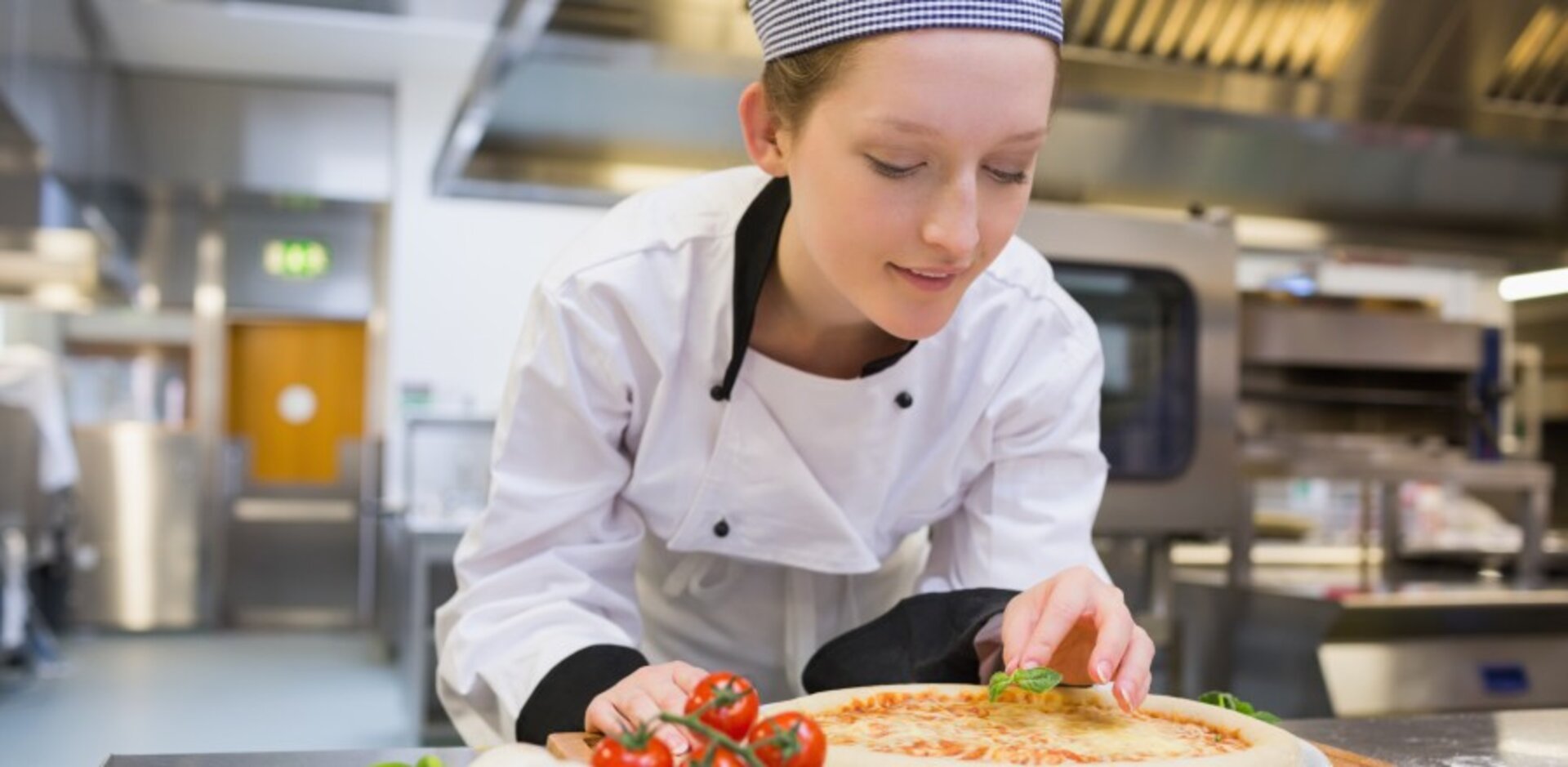University looks to create generation of eco chefs

Glasgow Caledonian University is looking to help create a new generation of chefs in a bid to curb the devastating impact food waste has on the environment.
The University has been awarded funding to develop an online training course for young people working as apprentices in the hospitality and restaurant sectors. The idea is to develop chefs who are aware of the impact food waste has on the environment and who can then implement practices in the kitchen to tackle it.
Academics are developing an online tool to deliver the training, which the young chefs will work through with their employers.
The two-year Europe-wide project, which has received £180,000 funding from Erasmus+, is being led by Professor Jim Baird and Dr Charles Russell of the Department of Civil Engineering and Environmental Management.
Professor Baird said: “Sustainability is an emerging concern in the sector, and any avoidance of waste, in preparation or on the plate, can have a significant impact on the environment and climate change.
“We are therefore developing a piece of online software that allows a young person working in a kitchen to develop an action plan that will minimise food waste.
“Young people straight out of school don’t necessarily possess the skills needed right away to think about how they might work differently, so our tool will be there to help them think about how they are going to go about their work in a sustainable way.
“There are three types of waste in the kitchen: things that go out of date; preparation waste; and plated waste. Obviously, some food waste is unavoidable, but the idea is that this tool helps develop an action plan to counter avoidable waste as much as possible. It can be measures as simple as cooking ingredients with the skin on, for example.
“As well as being good for the environment, tackling food waste makes good business sense too. There is a bottom line when you buy ingredients at a premium, so you want to be wasting as little of that as possible from a financial point of view.”
Professor Baird said the warning signs are already there should the issue of food waste go unaddressed.
“There was a major European Commission study carried out as far back as 2011 that showed Europe develops 89 tonnes of food waste per year – that’s 179kg per person. In terms of CO2, that’s 170m tonnes. Food waste is a major contributor to global environmental damage.
“Therefore, we see the development of this tool as very much part of the University’s mission for the Common Good, and it will be made available for free, far and wide, to anybody who wants to use it. We have already stated to contact colleges and private trainers.”
